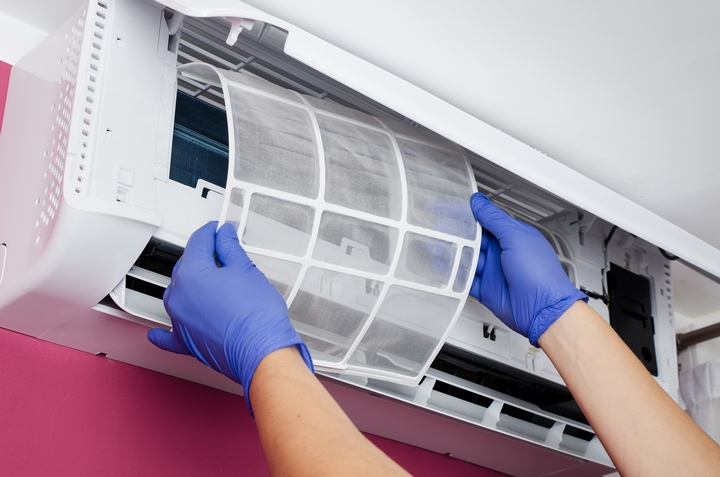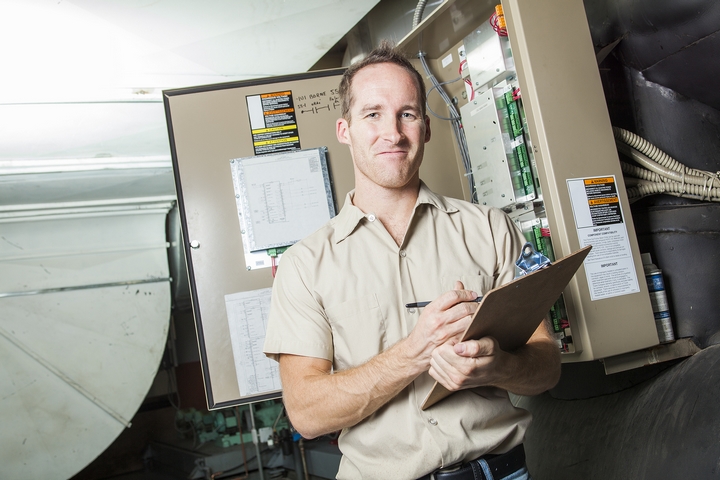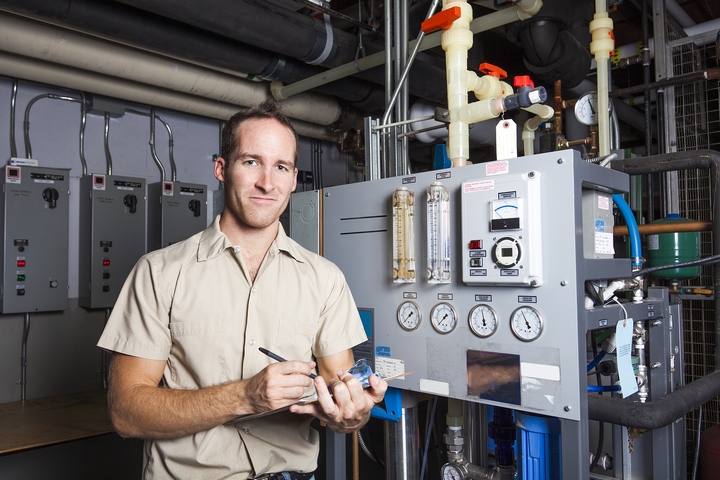Feeling hot on a summer day brings out the worst in people who want nothing more than to be able to cool down. While having an air conditioner in your home helps, there are so many models on the market nowadays and they all have different specifications and features. Therefore, just because you have one does not mean it is the best one for your home.
If you have a unit that is not the best fit for your home, you will still end up hot and bothered on a summer day. Below are 4 factors to consider when choosing an air conditioner for your home. Being mindful of them before you make your purchase will guarantee that you get the right one and your house will feel like a refrigerator in no time.
1. Type

When it comes to air conditioners for a home, there is not one specific type. There are a few options available and each has advantages and disadvantages.
Three popular systems for homes are central air, room air conditioners, and portable air conditioners. Central air systems cool the whole house and runs off a large compressor placed outside. Central air cools the house through the same duct work that a furnace uses. It is the most effective way to cool your home but installation and operation costs can be expensive. Room air conditioners are mounted in windows or through walls with the compressor pointing outside. They are cheaper than central air units but will not cool down the whole house, only the immediate area where it is located.
Portable air conditioners operate similar to room units, but mounting is not required and you can move it among rooms as needed. These are also cheaper than room central air and convenient but are not nearly as effective.
2. House size

You settle on a nice air conditioning unit, have it installed, and eventually determine that it is not effective in cooling down your whole home as anticipated. For this reason, you need to check the specifications of the unit you are considering and confirm that it is suitable for the square footage of your home.
Most times the installer can tell you tell you which unit is best suitable for your home so it is crucial that you consult with the company so you can confirm before installation. Before purchasing, check the British thermal units (BTUs) of the air conditioner to ensure it is high enough to cool down your home. That way you will not buy one where the BTUs are too low and end up frustrated and disappointed that the cool air is not felt in all areas of your home.
3. Power consumption

As a homeowner you have probably already noticed how excessive hydro bills can be in Canada. Air conditioners use a lot of energy. If you purchase a unit that is not energy efficient you will end up with exorbitant bills, leaving you out-of-pocket and reluctant to even use your unit.
Before purchasing an air conditioner, check to see how energy efficient it is. When looking at different units check for Energy Star and seasonal energy efficiency ratio (SEER) ratings. The higher the rating is, the more efficient it will be for your home.
4. Warranty

Like any other big purchase you make, your new air conditioner should have a warranty. While breakdowns within the warranty period are rare, you still want the peace of mind that you will be assisted if it does happen.
Before buying the air conditioner, confirm that it comes with a warranty. The minimum a warranty should be for an air conditioner is one year for parts and labour. Warranty coverage is often only given if a certified contractor does the installation. This means that if you decide to install it yourself, you may be forfeiting or voiding your warranty. As a result, although it may cost you a little more money, consider letting a professional company do the installation work. That way, if something goes wrong with the unit, you have recourse.

